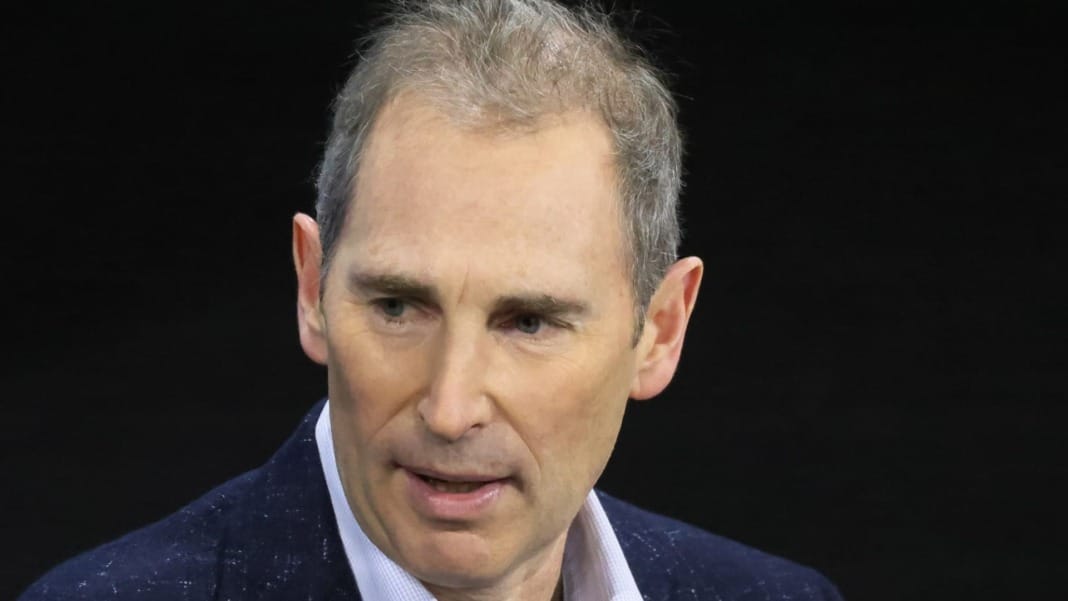Amazon’s CEO, Andy Jassy, has spoken out against claims that the company’s upcoming full-time office requirement is intended as a “backdoor layoff.” During an all-hands meeting, Jassy clarified that the policy, which will require employees to work in the office five days a week starting January 2, 2025, aims to strengthen Amazon’s culture, not reduce its workforce.
New office mandate aims to reinforce Amazon’s workplace culture
In September, Amazon announced that employees would need to return to the office five days per week in the new year. This shift marks an increase from Amazon’s previous three-day-per-week office requirement, sparking employee concerns and speculation. Some employees have argued that the five-day mandate could be a strategy to push out those unable or unwilling to adhere to the new schedule, suggesting that it may act as a “layoff in disguise.”
Addressing these speculations directly, Jassy stated during the meeting, as reported by Reuters and CNBC, “This is not about reducing costs or cutting jobs. It’s very much about our culture and strengthening that culture.” He was firm in his stance, adding, “This was not a cost play for us.”
Since 2022, Amazon has already seen significant staff cuts, with over 27,000 layoffs. The CEO’s recent remarks emphasise that the company’s decision to increase office days is unrelated to previous or future layoffs. Instead, Jassy argues that bringing employees back together will help build stronger team connections, enhance collaboration, and boost overall company morale.
Employees voice concerns, question motives behind full office return
Despite Jassy’s reassurances, many Amazon employees remain sceptical of the mandate. According to a report from Fortune, the five-day requirement has caused unease among some of the workforce, with some employees expressing their dissatisfaction openly. Last month, hundreds of employees signed a letter protesting recent comments made by Amazon Web Services head Matt Garman, who suggested that employees resistant to the new mandate could explore “other companies around” that might offer more flexible arrangements.
The letter, representing a group of Amazon workers, highlighted concerns about the mandate’s potential impact on employee well-being, productivity, and work-life balance. The sentiment among some employees suggests a belief that the full-time office mandate may not align with the priorities of Amazon’s diverse workforce, especially those who have adapted well to hybrid or remote work during the pandemic.
Amazon has not formally responded to the letter, but Jassy’s comments indicate a firm stance on the return-to-office policy. He reiterated that the decision to return to a full office schedule is grounded in the company’s long-term goals for team cohesion and corporate culture, which he views as essential to Amazon’s continued success.
Challenges ahead for Amazon as it enforces new policy
As Amazon prepares for this significant policy change, the company faces the challenge of balancing its cultural objectives with the evolving needs of its workforce. Many companies worldwide are grappling with similar challenges as they navigate the post-pandemic shift in workplace expectations. For Amazon, a company built on a fast-paced, customer-focused culture, Jassy believes that returning to a consistent in-office presence will help the company achieve its ambitious goals.
With the January 2 deadline approaching, the company will likely continue to face internal discussions and employee feedback about the five-day office requirement. Whether Amazon’s leadership will address employee concerns or adjust the policy remains uncertain. For now, however, Jassy remains committed to a future where Amazon employees are fully present in the office, viewing it as vital to enhancing collaboration and reinforcing Amazon’s core values.





